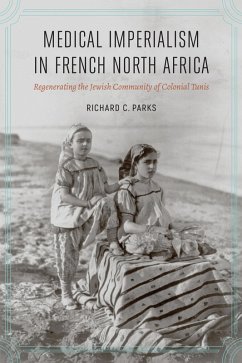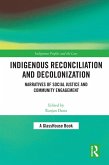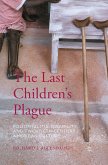French-colonial Tunisia in the late nineteenth and early twentieth centuries witnessed shifting concepts of identity, including varying theories of ethnic essentialism, a drive toward "modernization," and imperialist interpretations of science and medicine. As French colonizers worked to realize ideas of a "modern" city and empire, they undertook a program to significantly alter the physical and social realities by which the people of Tunisia lived, often in ways that continue to influence life today.Medical Imperialism in French North Africa demonstrates the ways in which diverse members of the Jewish community of Tunis received, rejected, or reworked myriad imperial projects devised to foster the social, corporeal, and moral "regeneration" of their community. Buttressed by the authority of science and medicine, regenerationist schemes such as urban renewal projects and public health reforms were deployed to destroy and recast the cultural, social, and political lives of Jewish colonial subjects. Richard C. Parks expands on earlier scholarship to examine how notions of race, class, modernity, and otherness shaped these efforts. Looking at such issues as the plasticity of identity, the collaboration and contention between French and Tunisian Jewish communities, Jewish women's negotiation of social power relationships in Tunis, and the razing of the city's Jewish quarter, Parks fills the gap in current literature by focusing on the broader transnational context of French actions in colonial Tunisia.
Dieser Download kann aus rechtlichen Gründen nur mit Rechnungsadresse in A, B, BG, CY, CZ, D, DK, EW, E, FIN, F, GR, HR, H, IRL, I, LT, L, LR, M, NL, PL, P, R, S, SLO, SK ausgeliefert werden.









